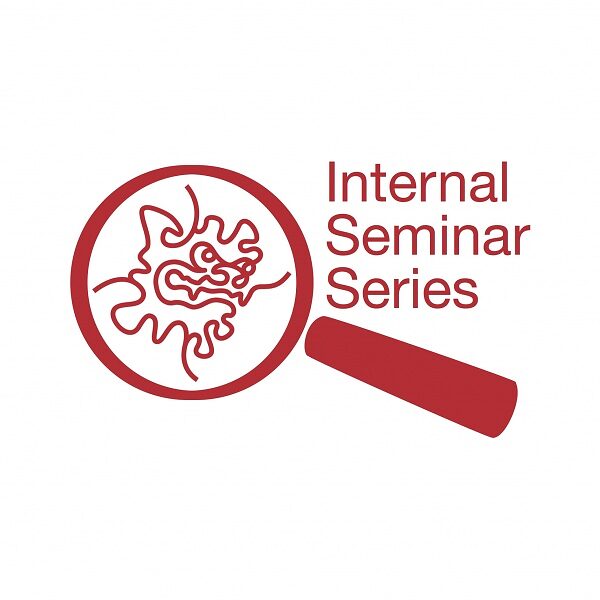Internal Seminar: Busch Unit and Zhang Unit

Date
Location
Description
Join us for November's second Internal Seminar Series on November 13, from 17:00 to 18:00 in C700 (Lab3). This month's second seminar features the Quantum Systems Unit (Thomas Busch) and the Bioinspired Soft Matter Unit (Ye Zhang).
Quantum Systems Unit (Thomas Busch)
Speaker : Rashi Sachdeva
Title : Engineering Quantum systems
Abstract : Cold atomic gases are flexible laboratories with a great potential to investigate a variety of problems from many area of physics. Using advanced light-matter interface, such as the coupling of ultracold atomic systems to the evanescent fields around an optical nanofibers, we will show in this presentation how artificial magnetic fields can be created for neutral atoms. Such system can in turn be used to access new parameter regimes that cannot be reached conventionally. Even though this is a topic in advanced theoretical physics, our presentation will aim at making the underlying ideas accessible to anyone in the audience.
Bioinspired Soft Matter Unit (Ye Zhang)
Speaker : Guanying Li
Title : Enzyme-Assisted Dynamic Self-assembly of Organometallic Hydrogelators in Vivo
Abstract : : The apparent complexity of living cells can be reduced to the relative simplicities of self-assembled structures and dynamic self-assembled processes. The cell lipid bilayer and the cytoskeleton are both classic examples of such self-assembled structures accomplishing tasks through dynamic self-assembled processes, like cell uptake and cell migration respectively. Tuning the self-assembly, especially dynamic self-assembly at the molecular levels is thus fundamental to the operation of cell leading to the sophisticated design of biomimetic materials. In this talk we will present the design and synthesis of novel luminescent organometallic Ru(II) hydrogelators with response to enzyme facilitating the phase transition from evenly distribution to 3 dimensional network. Associate with D-peptide metabolism through molecular engineering of the Ru(II) hydrogelator, we can finely adjust its localization in vivo, and its cell uptake path, which eventually lead to different cell fates.
Subscribe to the OIST Calendar: Right-click to download, then open in your calendar application.



